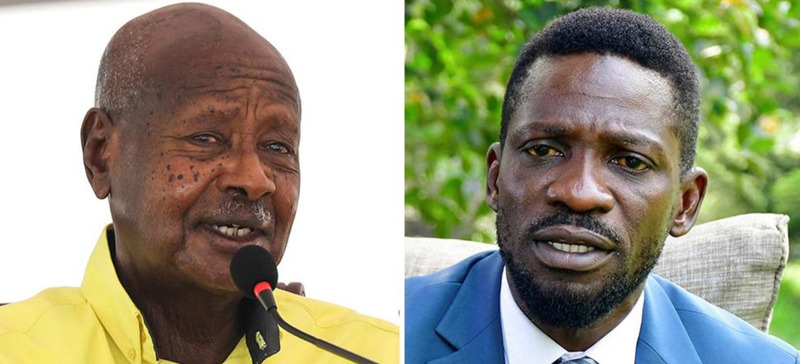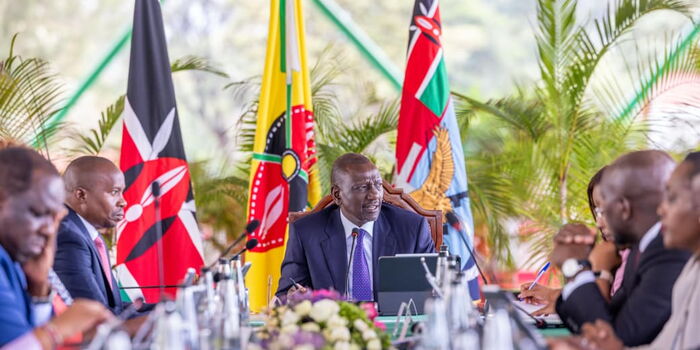A dramatic twist has emerged in one of Kenya’s most contentious inheritance battles: the 98-year-old woman claiming to be a daughter of the late President Mwai Kibaki has lent emotional weight to her case, but newly surfaced official records suggest her biological father may have been someone else entirely. The conflicting narratives have ignited national debate over identity, legacy, and the burden of proof.
Mother’s Testimony vs Official Records
In testimony before the High Court, the elderly claimant’s mother—now aged 98—affirmed her daughter’s claim, insisting that Kibaki was indeed the father. She declared she had always known his identity and expects courts to honor that familial truth.
However, a court-filed investigation report—submitted as evidence in the inheritance suit—reveals a starkly different version of events. According to the report, the mother’s own published memoirs never mention Kibaki. Furthermore, her identification documents name another man as the father.
This contradictory evidence raises foundational questions about the authenticity of the claim and the process by which lineage is verified under Kenyan law.
The Stakes: Legacy, Property, and Political Capital
At issue is more than emotion or recognition. The claim, if upheld, would position the claimant to stake a share of Kibaki’s estate—a political symbol and source of influence in his home region. The revelation of competing paternity evidence threatens to derail that ambition.
Legal experts argue this case could test Kenya’s standards for verifying paternity in high-profile inheritance disputes, especially where public figures are involved. The court must decide whether personal testimony or documentary records carry more weight.












Leave a Reply